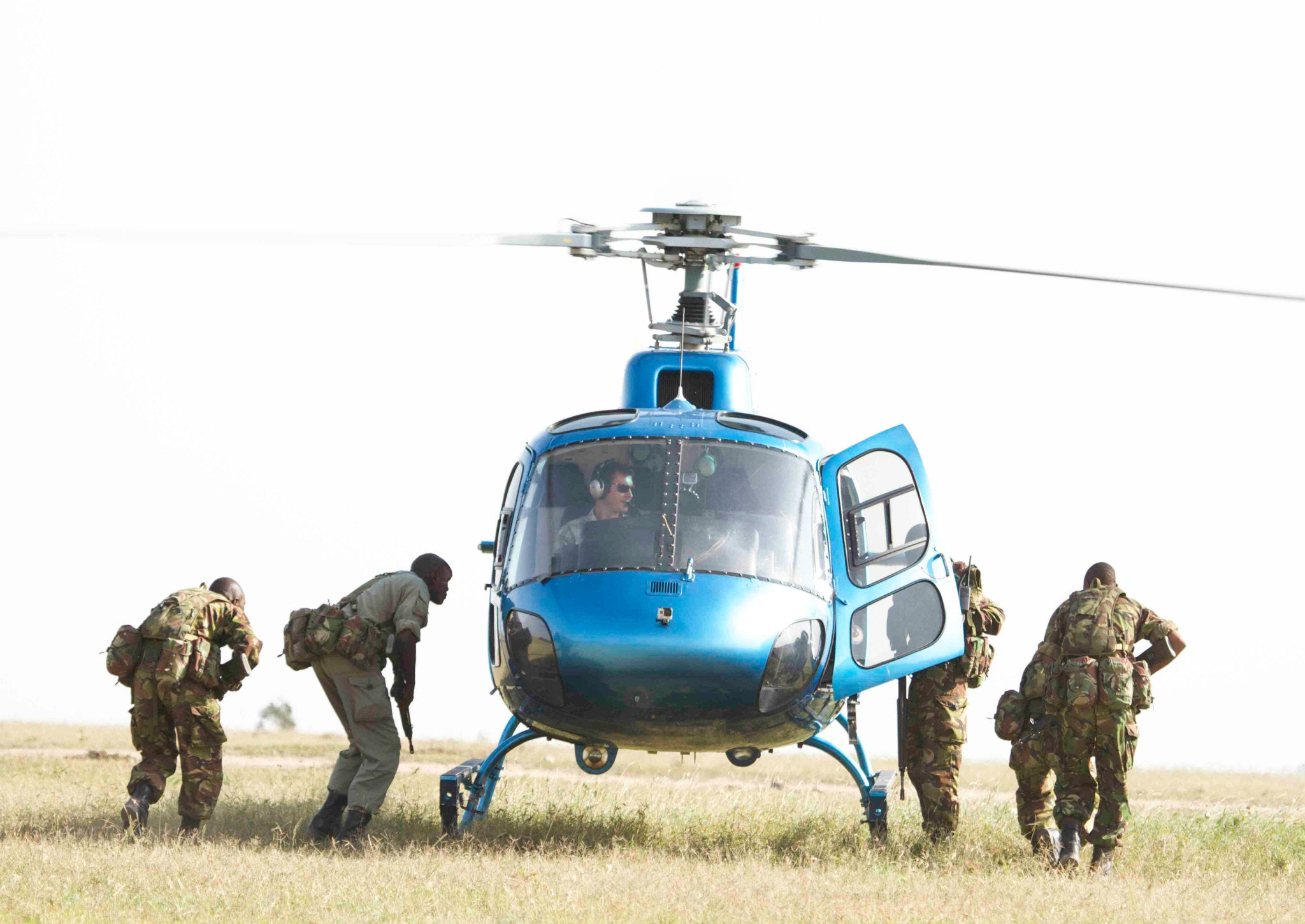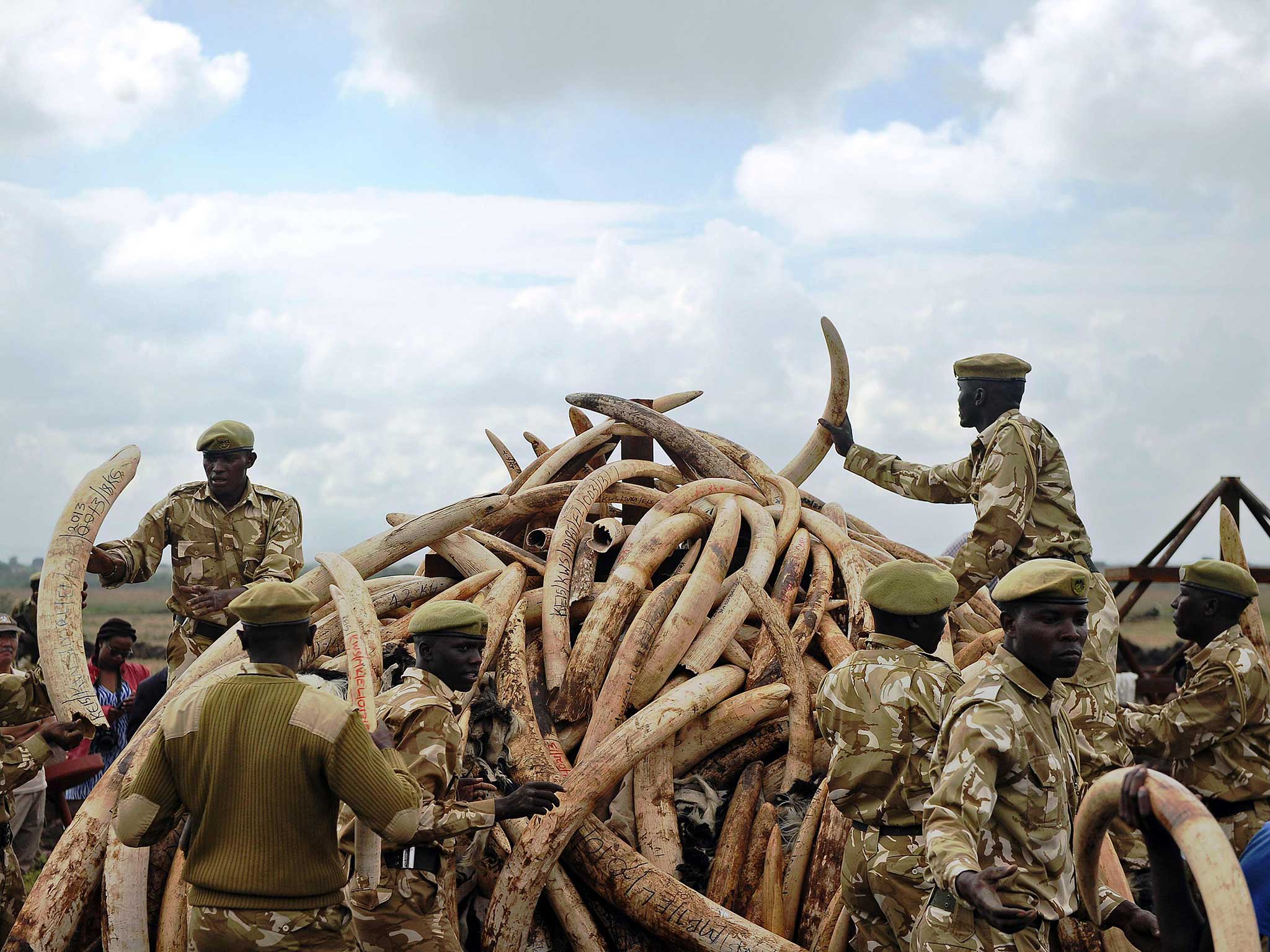Time for action: The tough measures that will target the poachers killing Africa’s giants
An estimated 35,000 elephants have been killed every year since 2010 and the rate shows no sign of letting up

Your support helps us to tell the story
From reproductive rights to climate change to Big Tech, The Independent is on the ground when the story is developing. Whether it's investigating the financials of Elon Musk's pro-Trump PAC or producing our latest documentary, 'The A Word', which shines a light on the American women fighting for reproductive rights, we know how important it is to parse out the facts from the messaging.
At such a critical moment in US history, we need reporters on the ground. Your donation allows us to keep sending journalists to speak to both sides of the story.
The Independent is trusted by Americans across the entire political spectrum. And unlike many other quality news outlets, we choose not to lock Americans out of our reporting and analysis with paywalls. We believe quality journalism should be available to everyone, paid for by those who can afford it.
Your support makes all the difference.Next week African governments, business leaders and conservationists will meet in Kenya to address the poaching crisis at the inaugural gathering of the Giants Club, the conservation initiative backed by The Independent.
Founded by the presidents of Gabon, Uganda, Botswana and Kenya, the club aims to protect 50 per cent of Africa’s elephants by 2020. Members have pledged to help each other bolster frontline protection measures and reverse the decline of the species caused by rampant illegal hunting and ceaseless demand for ivory in the Far East.
An estimated 35,000 elephants have been killed every year since 2010 and the rate shows no sign of letting up. Conservationists warn that without urgent action, extinction could be just a generation away for Africa’s elephants.
Here are the first actions the Giants Club is set to take to help each country in their battle against poaching.
Gabon
Almost entirely covered by thick rainforest, Gabon is home to about twothirds of Africa’s forest elephants despite having only 12 per cent of the subspecies’ preferred habitat. For half a decade Gabon has battled poachers in the north-east of the country. Over five years, the Giants Club hopes to help it double its national parks agency staff, develop an intelligence-led 60-strong rapid-reaction force — including an elite pygmy unit for tracking poachers in the forests — and promote investment in the tourism infrastructure to create sustainable income for locals.
A scientific unit specialising in elephant monitoring and research is also planned. Gabon’s President Ali Bongo told The Independent: “As a leader committed to creating equal chances for my people, I am determined to stamp out poaching.”
Botswana
Having committed a larger proportion of its land to conservation than any other country in Africa, Botswana has made great strides in protecting its biodiversity. The Giants Club is to work with Tlhokomela, Botswana’s endangered wildlife trust, to help build frontline protection capacity to protect the continent’s largest elephant population in Africa — as well as its rhinos — from the escalating threat of poaching that is threatening the nation’s critical importance as Africa’s “ark”.

Uganda
Home to some of the most beautiful, unsullied wildlife ranges in Africa, Uganda has had relative success in protecting elephants. The Giants Club will work with the Ugandan Wildlife Authority to build on this, by aiding teams tackling wildlife crime, creating a special operations unit, and commissioning a conservation investment strategy to boost national parks, tourism and community wildlife areas.
Plans are to be discussed for an electric fence to be built around Murchison Falls National Park.
Join our commenting forum
Join thought-provoking conversations, follow other Independent readers and see their replies
Comments